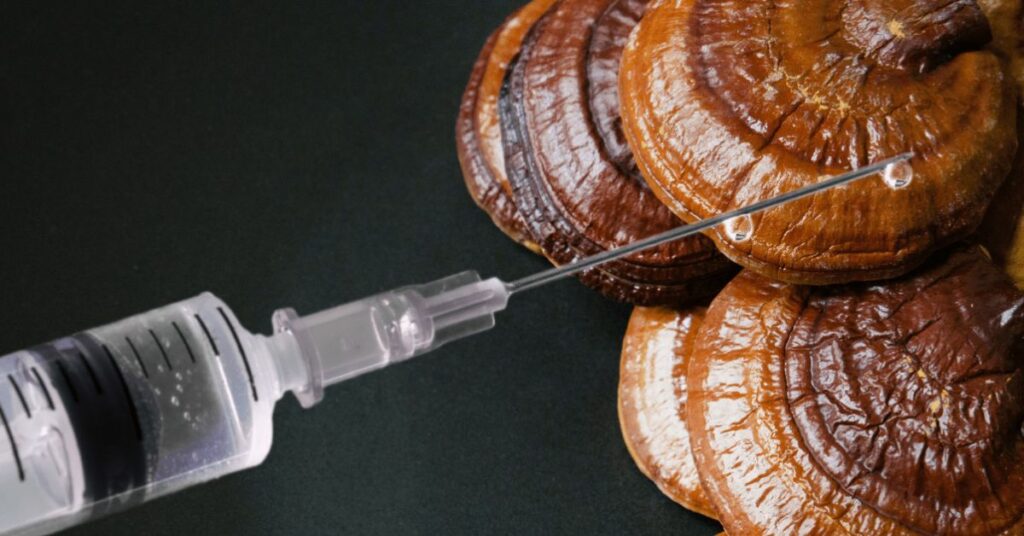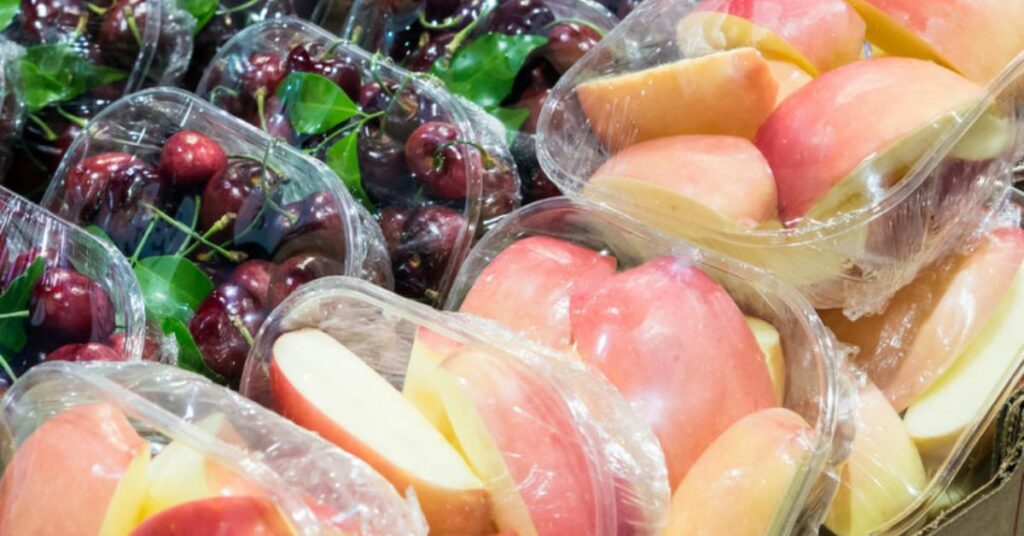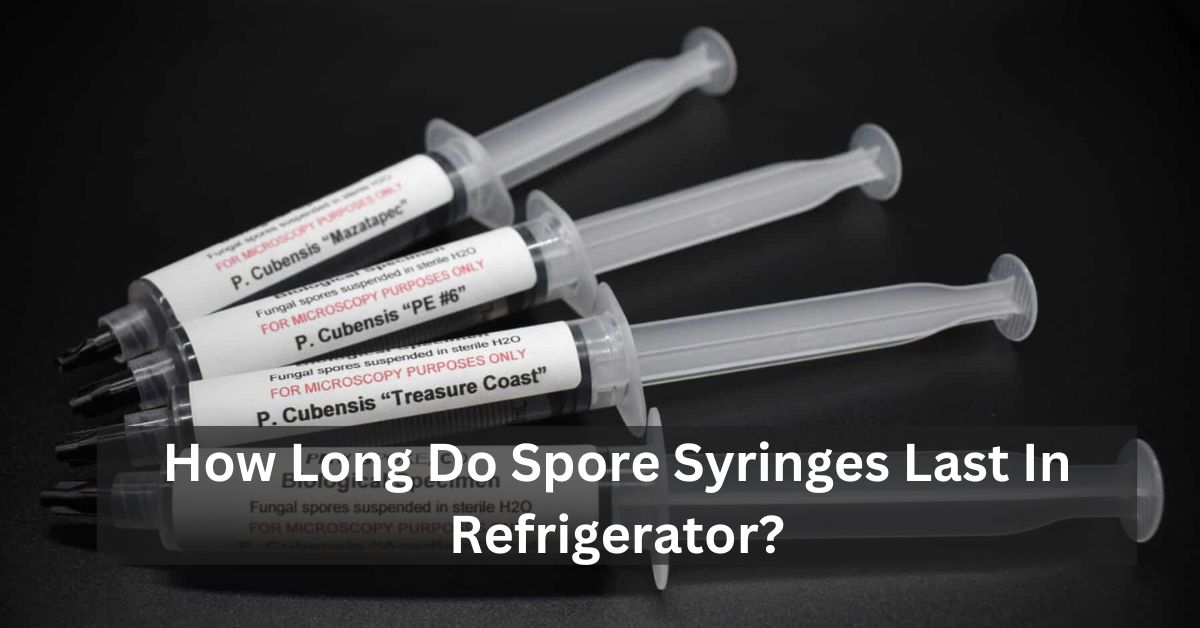One such question we frequently encounter is, How long do spore syringes last in the refrigerator?
Not! Alternatively, you might preserve your spores for later use.
In this article, you will understand how long these essential cultivation tools last in your refrigerator can make or break your operation.
Understanding Spore Syringes:
Spore syringes stand as specialized tools in the fascinating field of mycology, where the cultivation and study of fungi come to life. These precision instruments are vital in injecting fungal spores into growth mediums like agar or grain.
Spore syringes are essential tools novice and expert mycelium growers use to transfer a precisely determined quantity of spores into a substrate and start mycelium growth. These syringes, which are expertly crafted to maintain sterility, guarantee sterile inoculation procedures.
The fully grown fungus fruiting bodies, from which the spores are removed, are suspended in a pure liquid solution within the syringe. Anyone entering the intriguing fungal cultivation field must have spore syringes on hand. Numerous fungal species are cultivated there and employed in science, medicine, and the culinary arts.
What are spore syringes?
These syringes house a suspension of fungal spores in a meticulously crafted sterile liquid solution. Enthusiastically embraced by fungi specialists, researchers, and cultivators, spore syringes become the precise conduits for introducing fungal life into growth media, whether agar or grain nurturing realms.
As the spores, the very essence of fungal reproduction, germinate within the medium, the intricate dance of mycelium begins—a vital phase in the fungus’s life cycle. Under optimal conditions, this mycelium transforms into the enchanting structures known as fruiting bodies.

Beyond their role in the fungal symphony, spore syringes take center stage in inoculating substrates, facilitating the growth of diverse fungi species with applications ranging from culinary delights to medicinal marvels and scientific exploration.
In this delicate dance of cultivation, the spore syringe, meticulously prepared for sterility, emerges as the guardian against the intrusion of contaminants, ensuring the pure evolution of fungi through every transformative stage.
Read More: Zero Clearance Microwave-Understanding And Their Benefits
Signs of Spore Syringe Degradation:
Spore syringe degradation can compromise the viability and sterility of the fungal spores, leading to issues in the cultivation process. Here are signs to watch for that may indicate spore syringe degradation:
Color Changes:
Degradation may be indicated by a shift in the spore solution’s color inside the syringe. The usual color of spore solutions is uniformly dark; discoloration could indicate contamination or degeneration.
Clumping or Aggregation:
Spores within a healthy spore syringe should remain evenly dispersed. Clumping or aggregation of spores may suggest degradation, affecting their ability to germinate and initiate mycelium growth.
Visible Contaminants:
A contaminated spore syringe is indicated by any apparent indicators of contamination, such as foreign particles or mold development. Contaminants can obstruct the planned cultivation process.
Loss of Sterility:

If the spore syringe is adequately sealed or stored, it may retain sterility. Contaminants from the environment can enter the needle, rendering the spores unusable for cultivation.
Reduced Germination Rates:
Spore germination rates may decrease as a result of degradation. The spores might not be able to properly start mycelium growth on the substrate if they are no longer alive.
Visible Growth in Syringe:
Degradation is evident in the syringe if there is any visible growth, such as mold or bacteria. This growth may hinder the cultivation process by competing with the fungal spores.
Expiration Date:
Spore syringes often have an expiration date provided by the supplier. A spore syringe past its expiration date increases the risk of degradation and contamination.
Read More: Microwave Outlet Not Working-Common Causes And DIY Fixes
Extending Shelf Life:
In industries spanning consumer goods, food, and pharmaceuticals, the imperative of extending shelf life drives a strategic approach to preserve product quality and safety. Fundamental to this endeavor is meticulous packaging, acting as a shield against external factors such as air and moisture to maintain freshness.

Perishable items undergo temperature control through freezing or refrigeration and modified atmosphere packaging (MAP) to thwart microbial growth and enzymatic reactions. Safeguarding product integrity involves strategically using preservatives, antioxidants, and pH regulation.
Additionally, ongoing research and technological innovations continue to introduce creative solutions, ensuring that goods not only meet but exceed quality standards for an extended duration, enhancing the overall consumer experience.
Faqs:
1. For what length of time can I keep a spore syringe refrigerated?
The precise amount of time relies on storage conditions and sterility maintenance.
2. Can spore syringes be frozen for extended storage?
A: It is not advised to freeze because this could harm the spores. Spore syringes may usually be preserved with refrigeration.
3. How can I determine whether a cold spore syringe is viable?
Spore syringes that are adequately maintained have a higher chance of staying viable.
4. Should I follow specific storage guidelines from the spore syringe supplier?
Yes, it makes sense to adhere to any storage recommendations made by the supplier.
Read More: Why Does My Microwave Say Pf?-Troubleshooting The Error
Conclusion:
To sum up, the longevity of spore syringes in a refrigerator depends on careful storage procedures. These syringes are viable for as long as a year in ideal circumstances.
However, strict sterile handling and storage protocols must be followed to prevent contamination and guarantee the effectiveness of the spores.




